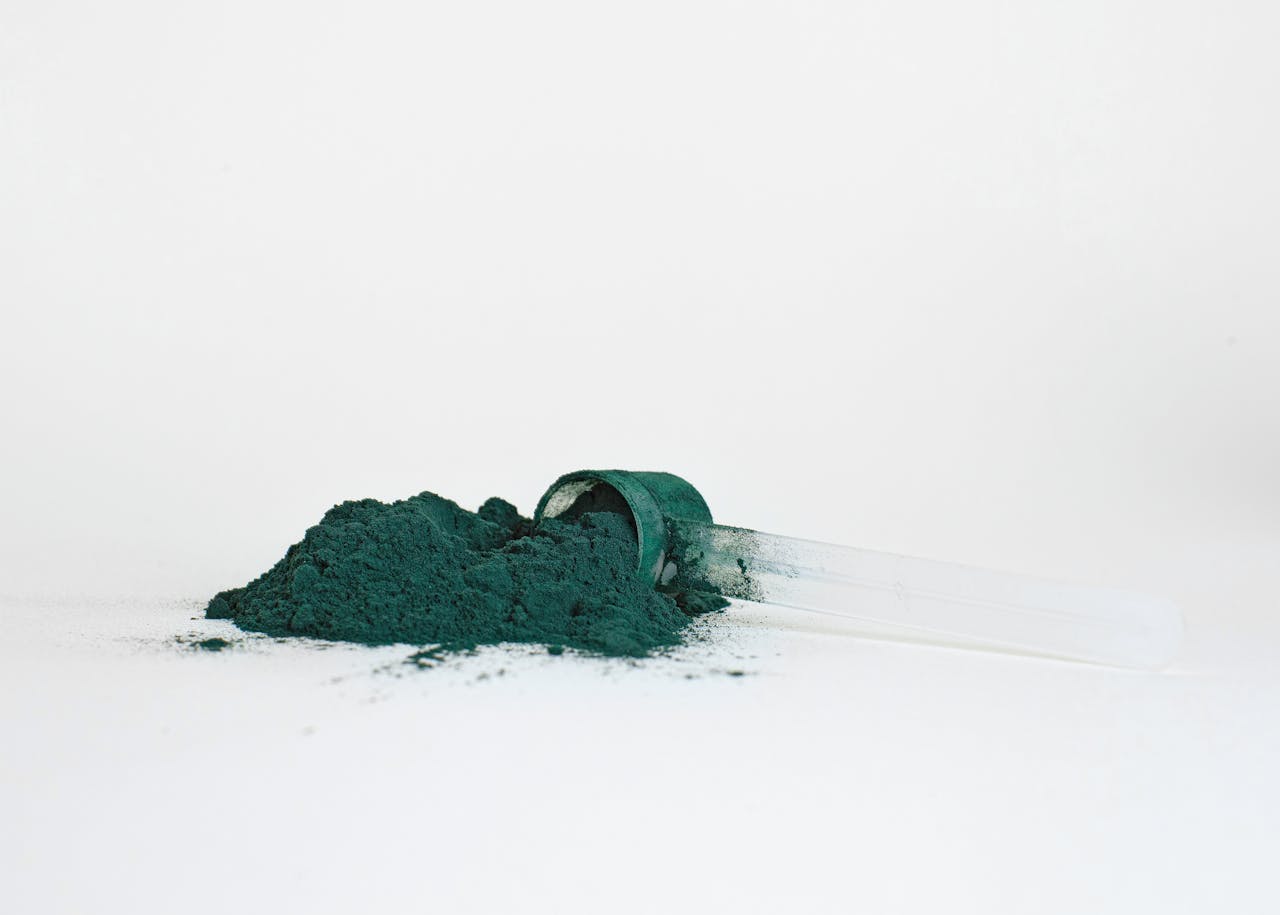Introduction:
Spirulina is a type of blue-green algae that is rich in nutrients and has been consumed for centuries due to its various health benefits. In recent years, spirulina has gained popularity as a superfood and health supplement. But is spirulina really good for health? Let’s explore the health benefits and side effects of this nutrient-rich algae.
Health Benefits of Spirulina:
- Rich in Nutrients: Spirulina is packed with vitamins, minerals, and antioxidants that are essential for overall health and well-being. It is a great source of protein, iron, and B-vitamins, making it an excellent addition to a vegetarian or vegan diet.
- Boosts Immune System: Spirulina contains high levels of antioxidants that help boost the immune system and protect against illnesses and infections. Regular consumption of spirulina may help reduce the risk of chronic diseases.
- Supports Heart Health: Studies have shown that spirulina can help lower cholesterol levels and reduce blood pressure, which can help improve heart health and reduce the risk of cardiovascular diseases.
- Detoxifies the Body: Spirulina has detoxifying properties that can help remove toxins and heavy metals from the body. It also helps support the liver and kidney functions, promoting overall detoxification.
- Aids Weight Loss: Spirulina is low in calories but high in nutrients, making it a great addition to a weight loss diet. It can help boost metabolism and suppress appetite, leading to weight loss and improved body composition.
Side Effects of Spirulina: - May Cause Allergic Reactions: Some individuals may be allergic to spirulina and experience allergic reactions such as hives, itching, or swelling. It is recommended to do a patch test before consuming spirulina supplements.
- Digestive Issues: In some cases, spirulina supplements may cause digestive issues such as stomach cramps, nausea, or diarrhea. It is important to start with a small dose and gradually increase to avoid gastrointestinal discomfort.
- Interactions with Medications: Spirulina may interact with certain medications, such as blood thinners or immunosuppressants. It is essential to consult with a healthcare provider before adding spirulina to your daily regimen, especially if you are taking any medications.
Spirulina is widely available in India and can be found in various forms, including powder, tablets, capsules, and flakes. It is popular for its high nutritional value, including protein, vitamins, minerals, and antioxidants. Here are some ways to find and purchase spirulina in India:
Sources and Availability
1. Health Food Stores and Pharmacies
- Description: Spirulina is commonly stocked in health food stores and major pharmacies across India.
- Examples:
- Health and Glow
- Apollo Pharmacy
- Wellness Forever
2. Supermarkets and Retail Chains
- Description: Large supermarket chains and retail stores often carry spirulina products.
- Examples:
- Big Bazaar
- Reliance Fresh
- Nature’s Basket
3. Online Marketplaces
- Description: E-commerce platforms offer a wide range of spirulina products from various brands, often with home delivery options.
- Examples:
- Amazon India
- Flipkart
- 1mg
- HealthKart
4. Specialty Health Websites
- Description: Websites dedicated to health and wellness products provide detailed information and a variety of spirulina options.
- Examples:
- Organic India
- Nutriwish
- Himalayan Organics
5. Local Organic Stores
- Description: Many cities have local stores that specialize in organic and health foods, where spirulina can be found.
- Examples:
- Fabindia
- Organic Tattva
Popular Spirulina Brands in India
- Parry’s Spirulina
- Known for high-quality spirulina products, available in both powder and tablet forms.
- Naturally Yours
- Offers organic spirulina powder, known for its purity and nutritional content.
- Urban Platter
- Provides spirulina powder and capsules, often used in smoothies and health drinks.
- Himalayan Organics
- Known for organic spirulina tablets, popular for their easy consumption.
- Pro Nature
- Offers organic spirulina powder, emphasizing natural and sustainable sourcing.
Usage and Benefits
- Nutritional Supplement: Spirulina is used as a dietary supplement for its rich protein content, vitamins (B1, B2, B3, B6, B12), iron, and antioxidants.
- Smoothies and Shakes: Often added to smoothies and shakes for an extra nutritional boost.
- Culinary Uses: Can be sprinkled on salads, mixed into juices, or added to soups.
In Conclusion:
While spirulina offers numerous health benefits, it is essential to consume it in moderation and be aware of any potential side effects. Consulting with a healthcare provider before adding spirulina supplements to your diet is recommended, especially if you have any underlying health conditions or are pregnant or breastfeeding.
Meta Description:
Discover the health benefits and side effects of spirulina. Is spirulina really good for your health? Find out more about this nutrient-rich superfood.
Title:
Is Spirulina Really Good for Health? Unveiling the Truth about this Superfood


